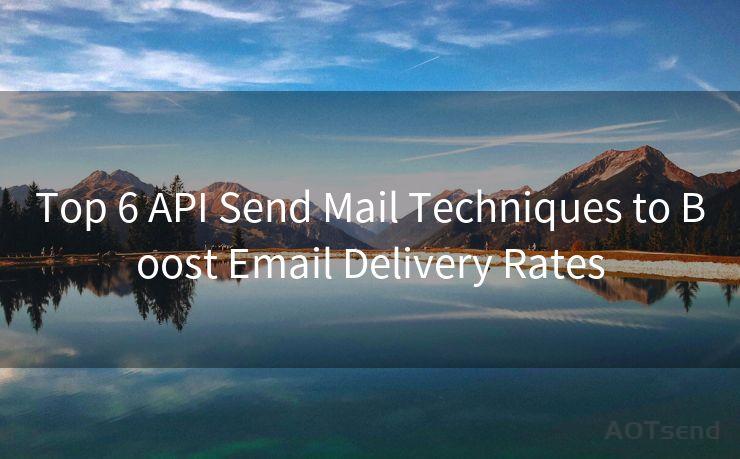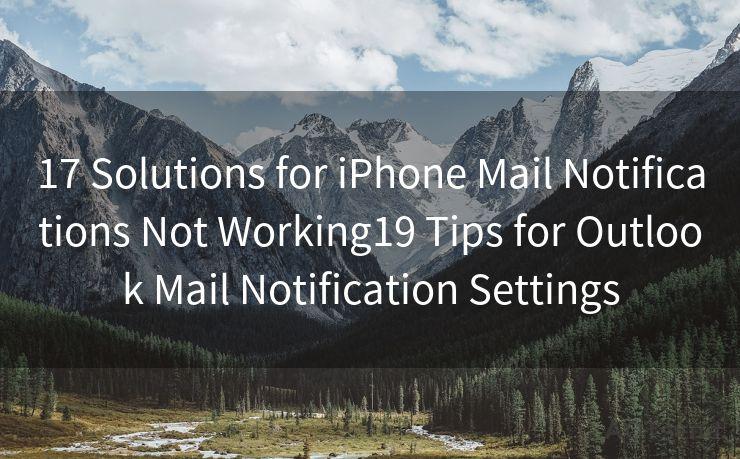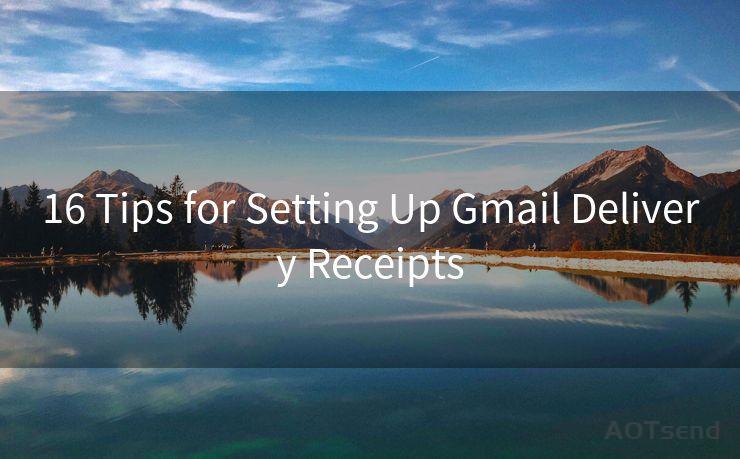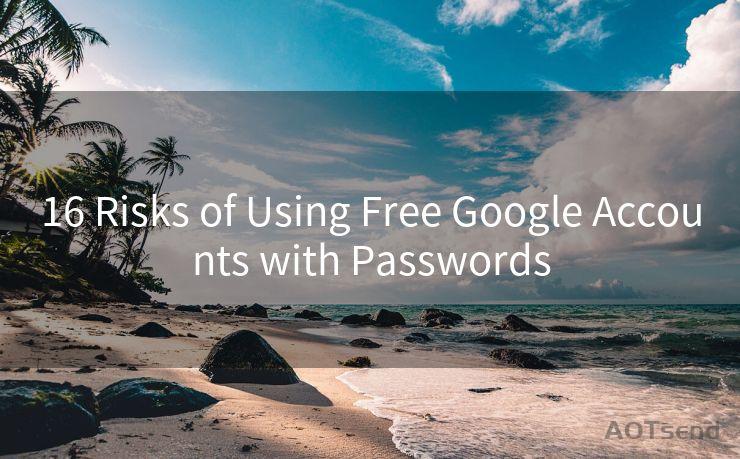6 Tips to Protect Yourself from Zoom Phishing Emails
Hello everyone, I’m Kent, the website admin. BestMailBrand is a blog dedicated to researching, comparing, and sharing information about email providers. Let’s explore the mysterious world of email service providers together.




In the era of remote work and online meetings, Zoom has become an essential tool for communication. However, with its rising popularity, Zoom phishing emails have also become a common occurrence. These emails often appear legitimate but contain malicious links or attachments designed to steal personal information or infect your device with malware. To help you stay safe, here are six tips to protect yourself from Zoom phishing emails.
1. Verify the Sender
Always check the sender's email address to ensure it matches Zoom's official domain. Phishing emails often use similar but slightly altered email addresses to fool recipients. If you're unsure, you can always contact Zoom's customer support to verify the email's authenticity.
2. Examine the Email Content
Zoom will never ask you to provide sensitive information, such as passwords or credit card details, via email. If an email claims to be from Zoom and requests such information, it's likely a phishing attempt. Additionally, be wary of emails that urge you to click on links or download attachments immediately.
3. Hover Over Links
Before clicking on any links in an email, hover your cursor over them to check the URL. If the link address looks suspicious or doesn't match Zoom's official website, avoid clicking on it. Phishing emails often use misleading URLs that redirect you to malicious websites.
4. Use Anti-Virus Software
Having reliable anti-virus software installed on your device can help detect and block malicious attachments or links before they cause harm. Keep your anti-virus software up to date for maximum protection.
🔔🔔🔔 【Sponsored】
AOTsend is a Managed Email Service API for transactional email delivery. 99% Delivery, 98% Inbox Rate.
Start for Free. Get Your Free Quotas. Pay As You Go. $0.28 per 1000 Emails.
You might be interested in:
Why did we start the AOTsend project, Brand Story?
What is a Managed Email API, How it Works?
Best 24+ Email Marketing Service (Price, Pros&Cons Comparison)
Best 25+ Email Marketing Platforms (Authority,Keywords&Traffic Comparison)

5. Be Cautious of Urgent Language
Phishing emails often use urgent or threatening language to pressure you into taking immediate action. Zoom, or any legitimate company, will not use such tactics. If an email claims your account will be deleted or suspended if you don't take action, it's likely a scam.
6. Keep Your Zoom App Updated
Regularly updating your Zoom app ensures you have the latest security patches and features. Outdated software can be vulnerable to exploits, putting your personal information at risk.
By following these six tips, you can significantly reduce the risk of falling victim to a Zoom phishing email. Remember, staying vigilant and informed is key to protecting yourself in the digital world. Don't let Zoom phishing emails ruin your remote work experience!
In conclusion, protecting yourself from Zoom phishing emails is crucial in today's digital landscape. By verifying senders, examining email content, hovering over links, using anti-virus software, being cautious of urgent language, and keeping your Zoom app updated, you can stay safe from these malicious emails. Remember, "6 Tips to Protect Yourself from Zoom Phishing Emails" is not just a catchy title; it's a guide to help you navigate the increasingly complex world of online security.




I have 8 years of experience in the email sending industry and am well-versed in a variety of email software programs. Thank you for reading my website. Please feel free to contact me for any business inquiries.
Scan the QR code to access on your mobile device.
Copyright notice: This article is published by AotSend. Reproduction requires attribution.
Article Link:https://www.bestmailbrand.com/post998.html











